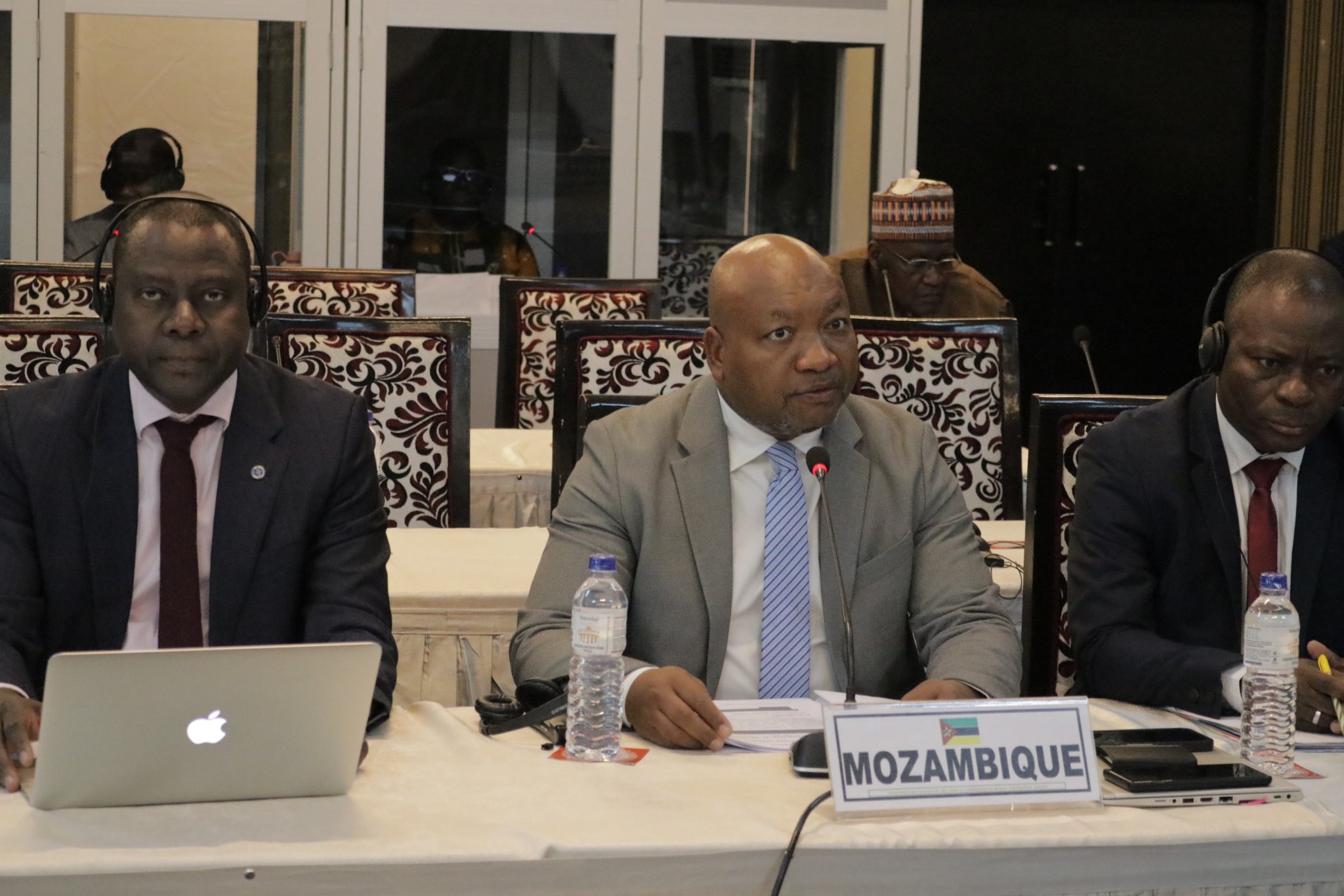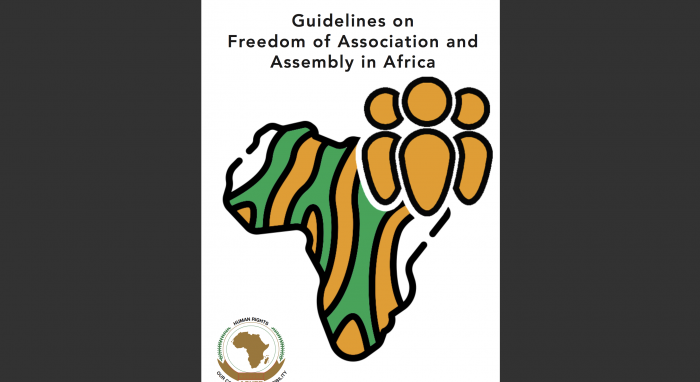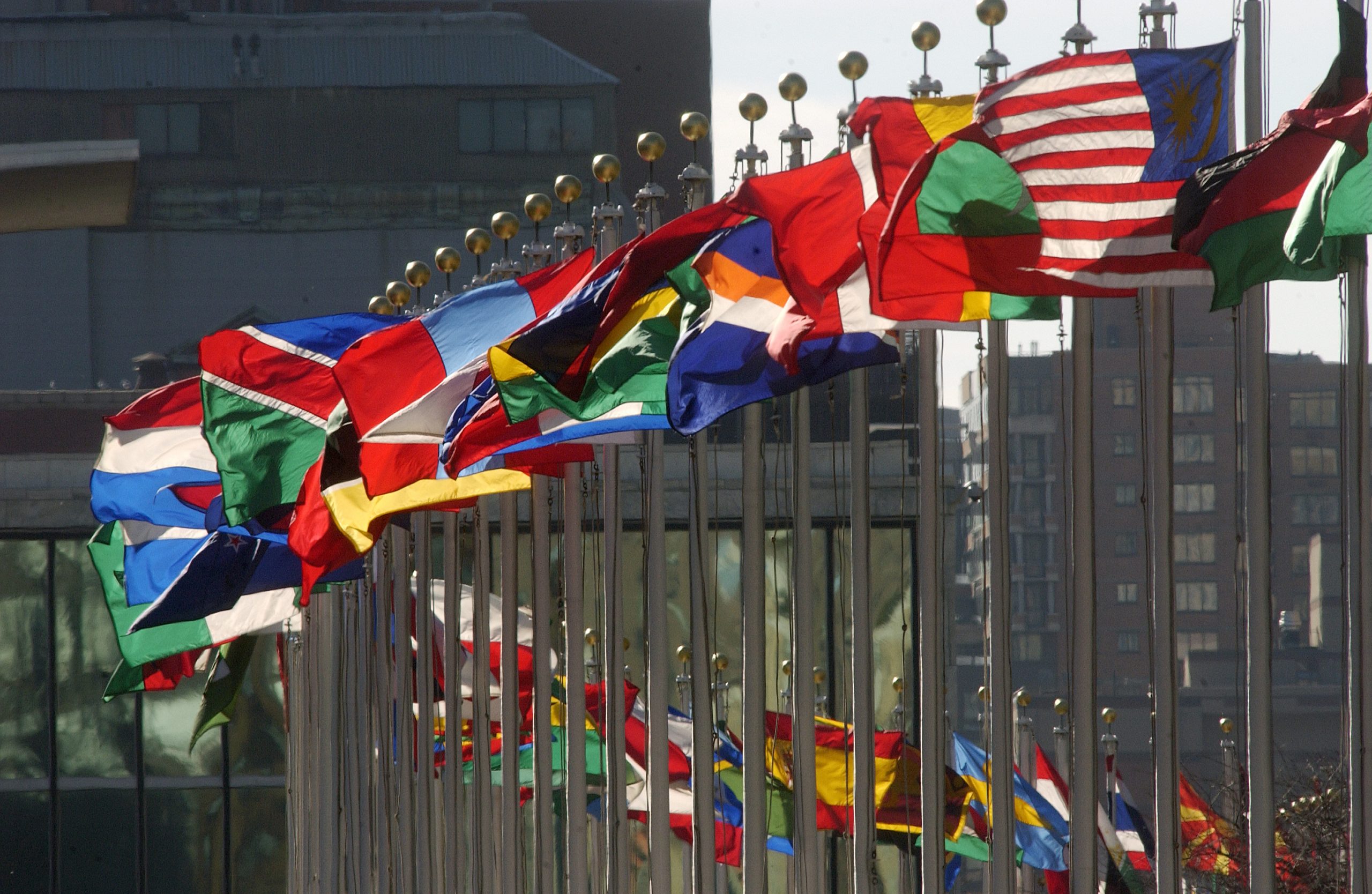The African Commission on Human and Peoples’ Rights (ACHPR or the Commission) adopted the guidelines on the rights to freedom of peaceful assembly and association (FOAA) in May 2017 during its 60th ordinary session in Niamey, Niger. The Guidelines provide practical advice on how the rights to FOAA should be protected, based on international law and best practices.
The purpose of the panel, held on 23 November by the ACHPR, was to discuss the status of implementation of the guidelines, notably through the work of the support group on the issue established by the Commission to which ISHR is a member, the progress made, as well as the challenges encountered, particularly in light of the COVID-19 pandemic. It was also an opportunity to present the UN Human Rights Committee’s General Comment N°37 on Freedom of Peaceful Assembly, as well as the tools developed by the UN Special Rapporteur on the Rights to Freedom of Peaceful Assembly and Association, while discussing the implications of restricting civic space and the need to preserve and protect it.
FOAA is one of the fundamental freedoms in the promotion and protection of human rights. “Legislations were used to suppress or restrict the legitimate exercise of the rights to FOAA as well as the criminalisation of and indiscriminate and excessive use of force to counter or repress peaceful protest” said Federica Donati, Office of the United Nations Special Rapporteur on Freedom of Association and Assembly.
The panellist also welcome the adoption by the UN Human Rights Committee of General Comment No. 37 on the 22 July 2020. It’s intended to strengthen international law on the right to peaceful assembly and to provide authoritative guidance to State actors. Christof Heyns, member of the United Nations Human Rights Committee and rapporteur for General Comment 37 on the right of peaceful assembly stated that “The general comment comes right at a time when countries have played an important role in response to COVID-19 in 2020. All gatherings must be protected whether in person or online. States must refrain from interfering in public demonstrations, they must facilitate, protect and make public demonstrations possible”.
The African Charter on Human and Peoples’ Rights, also guarantees the rights of free associations in article 10 and of free assembly article 11. Commissioner Rémy Ngoy Lumbu, vice Chair of the ACHPR and in charge of questions relating to FOAA, raised that “The guidelines are intended to provide a legal framework for associations with the aim of facilitating and encouraging the establishment of associations and promoting their ability to pursue their objectives in African countries. States do not have the power to compel associations to register. States need to be more flexible and should allow Civil Society Organisations to fully enjoy FOAA whether they are registered or not”.
Following the adoption of the Guidelines in 2017, the Commission decided to establish a support group for the mandate of the Special Rapporteur on the implementation of the Guidelines on FOAA in Africa. Irene Petras, Member of the support group, seize the opportunity to briefly present the three objectives of the support group. “The support group aims at promoting and monitoring the effective implementation of the Guidelines on FOAA in Africa and advocating for the adoption of national laws and regulations that are consistent with the Guidelines”.
The rights to associate and assemble are universal and enhance the enjoyment of other human rights such as freedom of expression.
Contact: Stéphanie Wamba, Africa Programme Advocate Consultant, [email protected]
Photo: ACHPR




